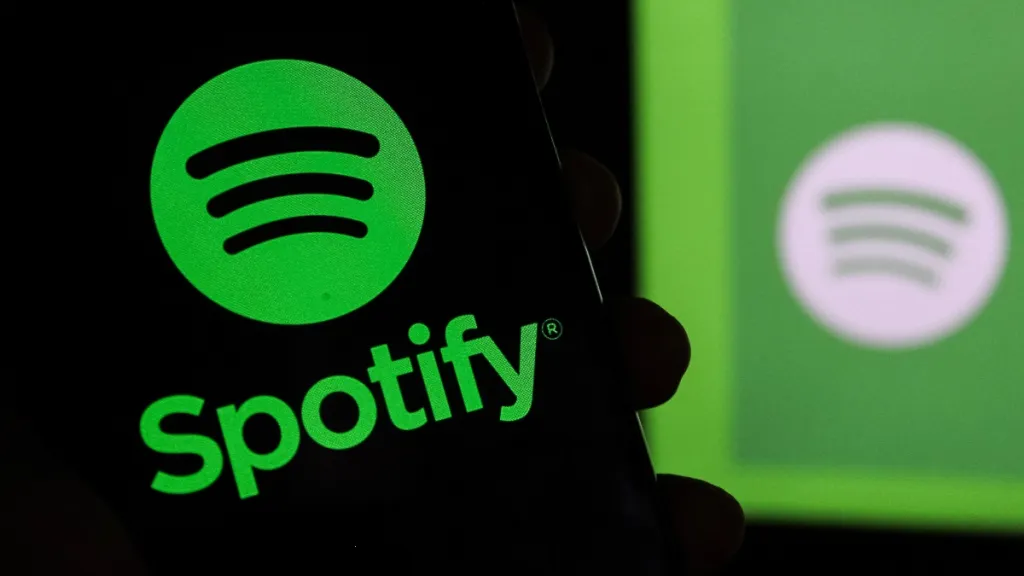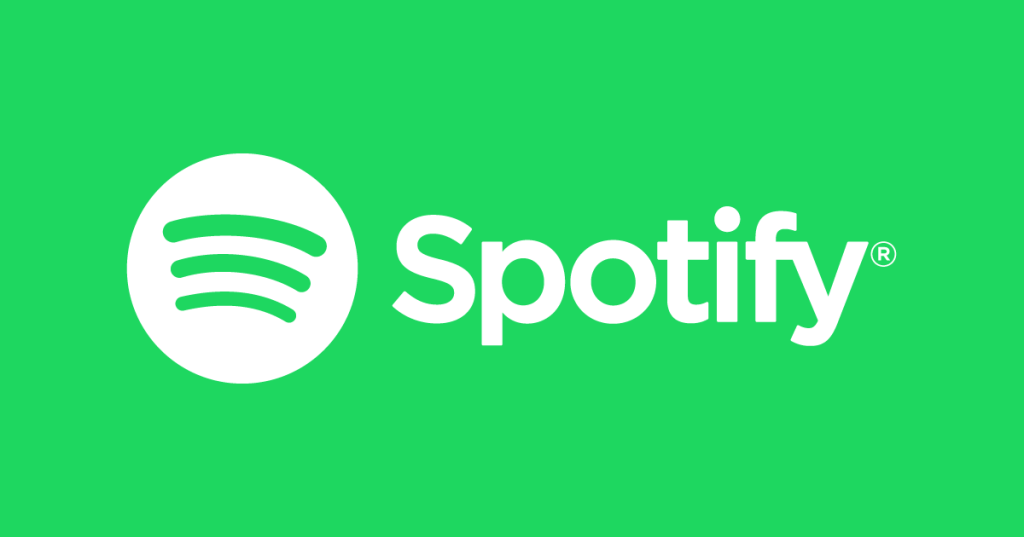Spotify Wrapped is arguably one of the most exciting times of the year for nostalgic music-lovers. This annual marketing campaign offers personalized music summaries for Spotify listeners, detailing their listening habits and patterns, from their top artists to their most-streamed songs.
But does this viral trend trigger mental health reactions? According to Jordan Parmenter, LPC, M.A., a therapist at LifeStance Health, Spotify Wrapped can reveal some deep wounds and desires. Here are some of the psychological drivers behind the Spotify Wrapped hype.

Music As a Psychological Trigger
Our music preferences and listening habits tell us a lot about ourselves, and they can even elicit strong emotional reactions.
“Music, in itself, triggers a multi-sensory stimulus that can intensely engage both our mind and body—which explains why music can hit us so deeply,” says Parmenter. “It is activating so many parts of our mind that it is almost impossible to ignore the impact. To break it down a little bit further, listening to music stimulates our brain’s dopamine system (where we experience pleasure), our limbic system (emotion regulation center), and even our physiological responses. I would even argue that there is a cultural component to music that can have an even more emotional impact/reaction.”
That being said, shared music taste can actually provide emotional validation and a sense of community.
“It is in our human nature to want to connect with others, be seen, and [be] relatable,” Parmenter continues. “Because of this, it is not surprising that shared music taste can provide us with such emotional validation! It fills us with a sense of immense joy and content when we can share our music taste (or anything that someone can have in common!) with someone who just gets it.”
In fact, music can even contribute to our sense of identity.
“Sometimes in our lives, we can struggle with our sense of self, identity, [and] who we are. And sometimes, our music taste can take on that role of how we identify,” Parmenter explains. “A lot of people can define themselves by the music that they listen to, and when someone shares that same music taste, it feels like this person sees you and shares some alignment of interests.”
Spotify Wrapped and the Comparison Game
To say Spotify Wrapped has a “dark side” is a bit dramatic, but it can lead to some negative reactions, like comparison and envy. For example, if someone doesn’t find common ground with their listening patterns among friends, they might feel left out.
“While I feel that the intention of Spotify Wrapped is good, sometimes the impact can feel that there is this inherent comparison and, almost, [a] competitive level to it,” says Parmenter. “Comparison often triggers sociological terms around social evaluation and self-consciousness, which can lead to feelings of inadequacy or pressure to appear unique—here is where human nature needs to connect can hurt us.”
Especially when it comes to sharing our Spotify Wrapped results on social media, social comparison can run rampant.

Benefits of Spotify Wrapped
While there might be some mental health triggers and comparisons involved with Spotify Wrapped, the campaign does have its wholesome benefits, too.
“I like to think of Spotify Wrapped as our year in music—in that, it takes us on a journey that has been our entire year,” Parmenter says. “This means the good, the bad, the ugly, and everything in between. It can show us how far we have come, identify patterns/themes that we may not have noticed before, and, in turn, growth areas for the present and future.”
Instead of harping on the negatives or feeling left out among the rest of your friends, use your listening data as an empowering and insightful tool.
“Remember that we are in charge of the meaning that we give (or don’t give) to things—we get to control that,” says Parmenter. “With that being said, I hope we can use our Spotify Wrapped to help us recognize our own resiliencies, amongst other strengths, to help us continue to grow, rather than use it to compare ourselves to others.”
The post Why Is Spotify Wrapped So Triggering? appeared first on VICE.




